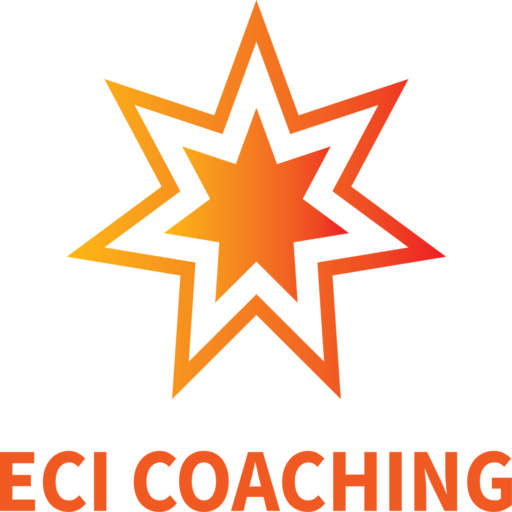Why Are Ethics Important in Coaching? A Guide for Aspiring Coaches

Imagine this: You’re a new coach, and a client shares information that, while not illegal, could significantly impact another person’s life. Do you disclose it? Or do you keep it confidential?
This is just one example of why ethical coaching is more than just following rules; it’s about building trust, respecting clients, and acting with integrity in every interaction. It’s about creating a safe, supportive space where clients feel empowered to grow.
But why do ethics matter, and what should aspiring coaches be aware of? Let’s explore these important questions.
Why Ethics Matter for Aspiring Coaches
Why are ethics important, especially for those just starting their coaching journey? Here are the reasons:
- Building a Strong Foundation: Ethical practices from the start create a solid base for a successful and sustainable coaching career. When you prioritize ethics, you establish yourself as a trustworthy and reliable professional.
- Attracting and Retaining Clients: Clients are more likely to trust and work with coaches who clearly commit to ethical conduct. In a competitive field, ethical coaching can be a key differentiator.
- Protecting Yourself: Adhering to a coaching code of ethics, such as the ICF Code of Ethics, can help you avoid legal issues, client complaints, and damage to your professional reputation. Ethical practices provide a framework for making sound decisions and protecting yourself and your clients.
Key Ethical Considerations for New Coaches
Wondering what ethical issues do coaches face? Here are some key considerations for new coaches to keep in mind:
Confidentiality
Client confidentiality is paramount in coaching. It means keeping all client information, both verbal and written, strictly private.
Here are tips on how to maintain confidentiality:
- Securely store client information, whether it’s digital or physical records.
- Be mindful of conversations in public spaces, avoiding discussions about clients where others might overhear.
- Use encrypted communication channels for sensitive information.
It’s also important to understand when it might be necessary to break confidentiality. This is generally only permissible in specific situations, such as when required by law or when there is an imminent risk of harm to the client or others.
Setting Clear Boundaries
Establishing clear professional boundaries with clients is essential for maintaining a healthy and ethical coaching relationship.
Examples of appropriate boundaries include:
- Avoiding dual relationships, such as becoming friends or business partners with clients.
- Maintaining a professional demeanor in all interactions.
- Managing personal biases to ensure objectivity in coaching.
Informed Consent and Contracts
Having clear agreements with clients is crucial for transparency and mutual understanding.
A coaching contract should typically include:
- A description of the services provided.
- The agreed-upon fees.
- The cancellation policy.
It’s important to obtain informed consent from clients before starting any coaching engagement. This means ensuring that clients fully understand the nature of coaching, the terms of the agreement, and their rights and responsibilities.
Continuing Education and Professional Development

Continuing education and professional development are vital for maintaining ethical standards and enhancing coaching skills. Engaging in ongoing learning helps coaches stay updated on best practices, ethical guidelines, and emerging trends in the field.
Relevant certifications and professional organizations, such as the ICF, provide valuable guidance, support, and resources for ethical coaching. For example, the ICF ethical guidelines offer a robust framework for ethical conduct.
ECI Coaching and Ethical Practices
At ECI Coaching, we are dedicated to upholding the highest standards of ethical practice in coaching. Our coaching training program has specialized Level 1 and 2 courses offering comprehensive training beyond theoretical knowledge.
We emphasize the practical application of ethical principles, preparing aspiring coaches to effectively navigate ethical challenges, including those encountered when defining their coaching niche. Ethical considerations are woven into every facet of our training, ensuring you develop a robust ethical framework for your coaching practice.
Building a Coaching Practice on a Foundation of Ethics
Ethical coaching is not just a set of rules; it’s the foundation for a successful and fulfilling coaching practice. By prioritizing ethical considerations from the beginning, aspiring coaches can establish themselves as trusted professionals, build strong relationships with clients, and positively impact the world.
If you’re looking to gain a strong ethical foundation and achieve ICF certification, ECI Coaching’s ICF Coaching Singapore program provides the support you need. Contact us today to learn more about how we can help you on your journey.

